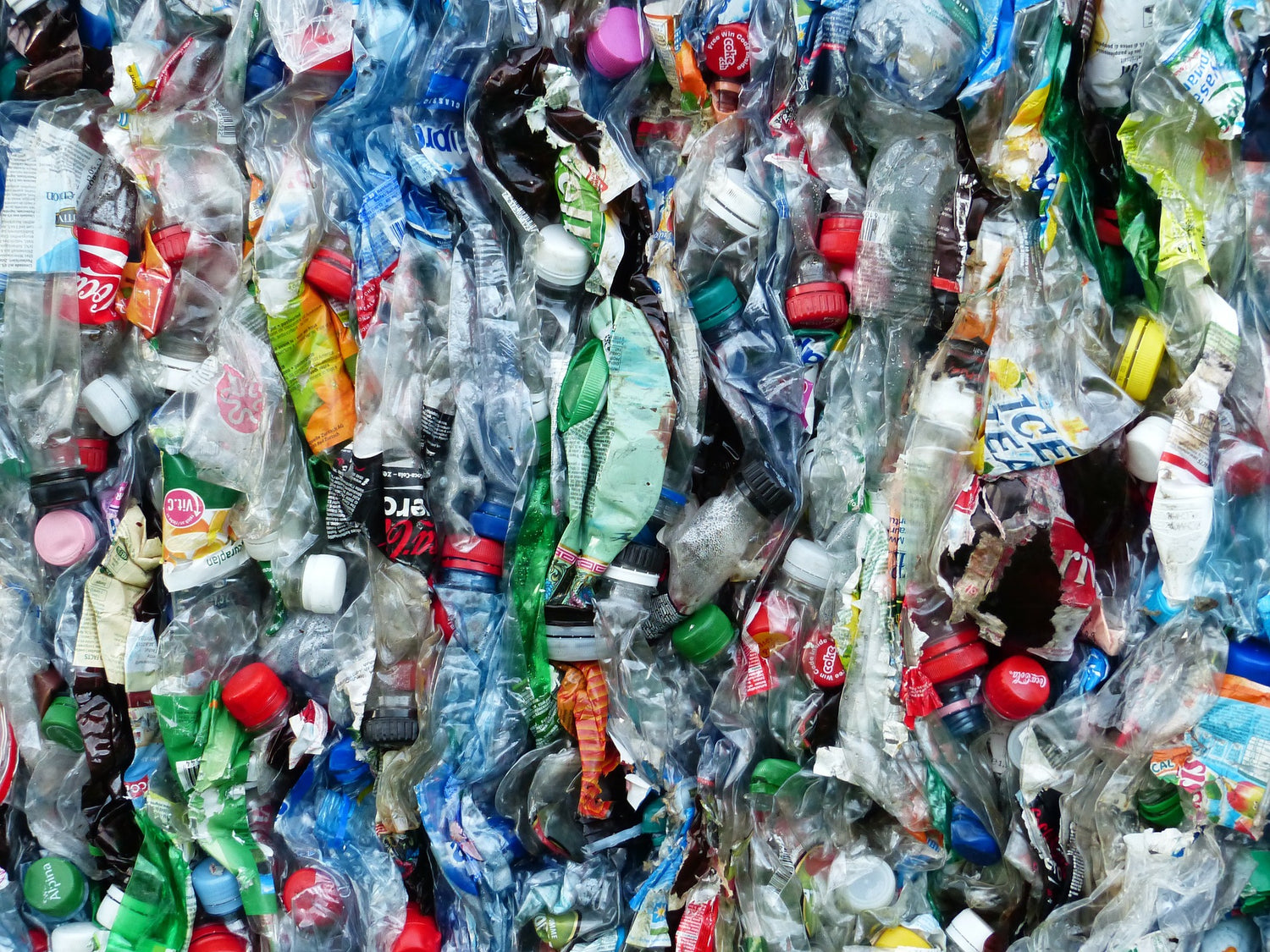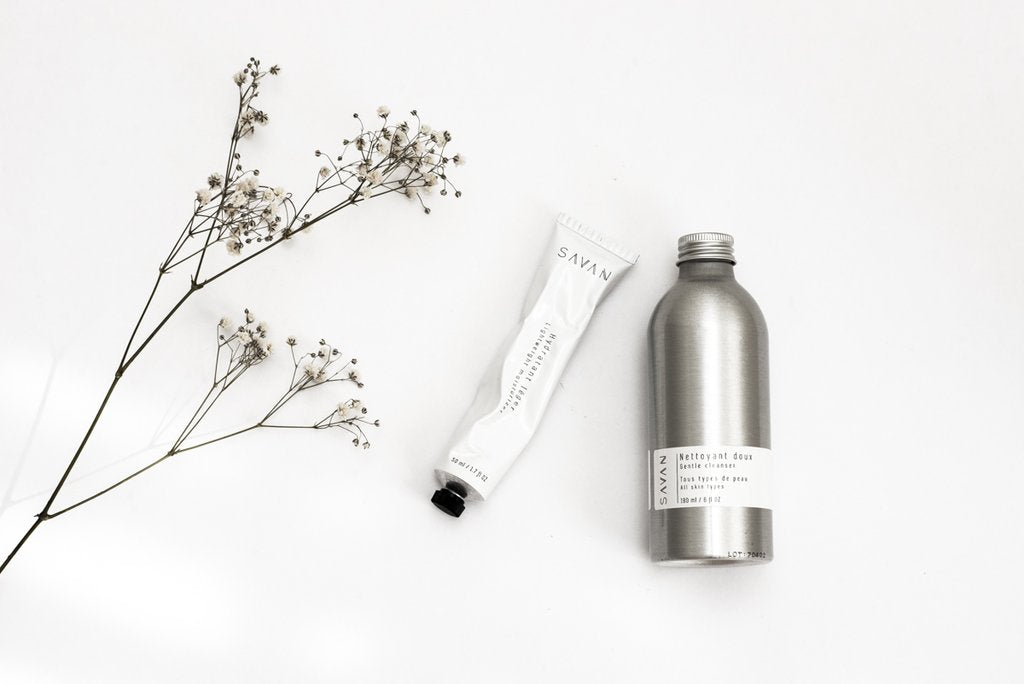2018 was undoubtedly a pivotal year, a decisive moment in the fight against plastic. The following article is intended as a return to this reality, a reflection on this battlefield of the environmental struggle. As we begin the year 2019, let's take stock of the seriousness of the ecological problem that plastic constitutes and highlight the solutions implemented and which must be topical in this new year which begins. With this in mind, the causes of the use of plastic, its consequences, the solutions and measures put in place as well as concrete citizen actions will be discussed.
Why use plastic?
This material, although harmful to nature, has advantages that make it a difficult element to eliminate from our production lines. In fact, the following properties are generally attributed to plastic: lightness, resistance to corrosion, shaping and molding by heat or pressure, durability, thermal and electrical insulation, resistance and monetary savings. These characteristics often make plastic the material of choice, since it offers a significant quality-price ratio. In addition, plastic is divided into three categories, each of which has characteristics that make it a very versatile material: thermoplastics, which soften and are remodelable in the heat and harden in the cold (we find in this category in particular polystyrene, nylon , polyester, PVC), thermosets, which are permanently hard (we find, among others, formica) and elastomers, which are both elastic and extensible (we find forms of synthetic rubber ). In short, plastic is versatile, practical and economical and that is why it is omnipresent in our daily lives ( Hello prof ).

Manufacturer of Quebec snack bags, Kidsak offers many types of reusable bags available in various sizes and shapes. Made with cotton or laminated polyurethane (PUL), they feature colorful fabrics full of patterns that will embellish the lunch boxes of children and adults alike.
At what price ?
It is well known that plastic is a harmful component of our daily lives. First of all, coming from oil, a fossil fuel, it pollutes. Indeed, the exploitation of oil at the origin of plastic as well as the transformation of this resource into plastic are polluting. In addition, the lightness of plastic makes it a very volatile material that pollutes the oceans and land. This therefore threatens the ecosystems, both the species and the biotopes that compose them, which considerably harms terrestrial biodiversity. Plastic also poses a threat to health. As stated earlier, plastic is volatile and particles of it float in suspension in the air. These particles could have, according to new scientific advances, a link with certain pulmonary and cardiorespiratory diseases. Plastic floating in water, especially microbeads, is not always removed by purification systems. These deposits could be responsible for many diseases. Among them would be brain-related diseases. The links exposed here between plastic and human diseases, however, remain to be studied further in order to determine if there is a real correlation. Finally, plastic would not only be harmful to human health, but also to that of the species that live with us.
Reactions and initiatives on the world stage
The many outcry that took place in 2018 regarding our daily use of plastic raised many questions, both among the population and within governments and businesses. The plastic straw has become the workhorse of environmentalists. Some agri-food and catering companies have pledged to remove it from their branches, while some governments have simply banned its sale. A larger-scale initiative also emerged this year, as the continent of plastic floating in the waters of the Pacific Ocean became a matter of growing concern. So, Ocean Cleanup is currently tackling the problem; the floating collection system picks up plastic waste from the Pacific to bring it to shore and recycle it ( Agence France-Presse ). All this is without counting the hundreds of organizations that work day after day, in the shadows or not, to preserve our planet. Initiatives are multiplying while awareness is more and more necessary; the production and consumption of plastic must be reduced.

BKIND is a Montreal company that offers many skin care products. We remember her in this article for her bamboo toothbrush and hairbrush, which are interesting alternatives to these everyday hygiene products that are traditionally made of plastic.
The daily war on plastic
For these measures to be truly beneficial, people must try to limit the presence of plastic in their homes and in their workplaces on a daily basis. But how to include a change of habits in the routine of families already subject to the difficult work-family balance? And how to implement new ecological habits that may be more costly for the average taxpayer who does not have the same financial resources as a major philanthropist? First of all, the population must be made aware of the advantages of such measures; it is an initial investment to limit its environmental impact, but it is more profitable in the end. In the fight against plastic, several initiatives are possible and quite simple to introduce into our lives. These include the replacement of plastic bags in lunches with cloth snack bags, or plastic wrap with Api-flex, a beeswax-based substitute. It is also encouraged to prefer glass to plastic for everyday containers and to buy as many products as possible in bulk to avoid plastic packaging from grocery stores and industries. Metal straws should ideally replace plastic straws and reusable bags, preferably fabric, should take the place of light and volatile commercial plastic bags. In the bathroom, it may be ideal to replace your traditional toothbrush with a wooden toothbrush. In short, the objective is above all to replace, as far as possible, what is made of plastic and to avoid single-use objects at all costs.

The eco factory. offers lunch bags, large food bags and dish covers that can easily replace Ziploc bags and plastic wrap. Made of laminated polyurethane (PUL), they are waterproof and allow food to breathe. Their maintenance is easy; they are machine washable.
Conclusion
The environment is and must remain one of our major concerns in 2019 as citizens of the world. Since pollution is not static but something that circulates over the entire surface of the globe, it is the duty of all of us, but even more so of those who have the monetary and structural resources, to put in place in their daily lives favorable measures for the protection of the environment and to put pressure on their government to follow suit. This is no longer the time for grand speeches, but for action. No words will renew the ozone layer or clean up our oceans. There should be no more hesitation as to what to do; the environment must be saved, even if it means economic sacrifices. Collectively, we have to resolve it.
Reviewed By Melanie




































Leave a comment
This site is protected by hCaptcha and the hCaptcha Privacy Policy and Terms of Service apply.